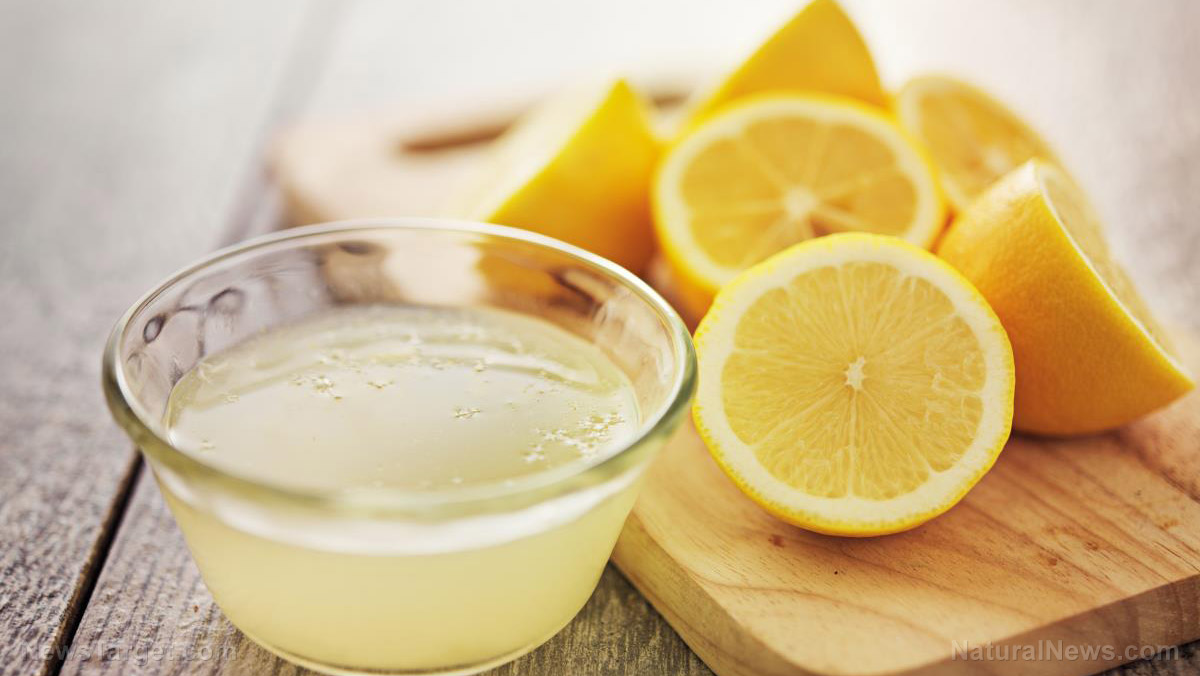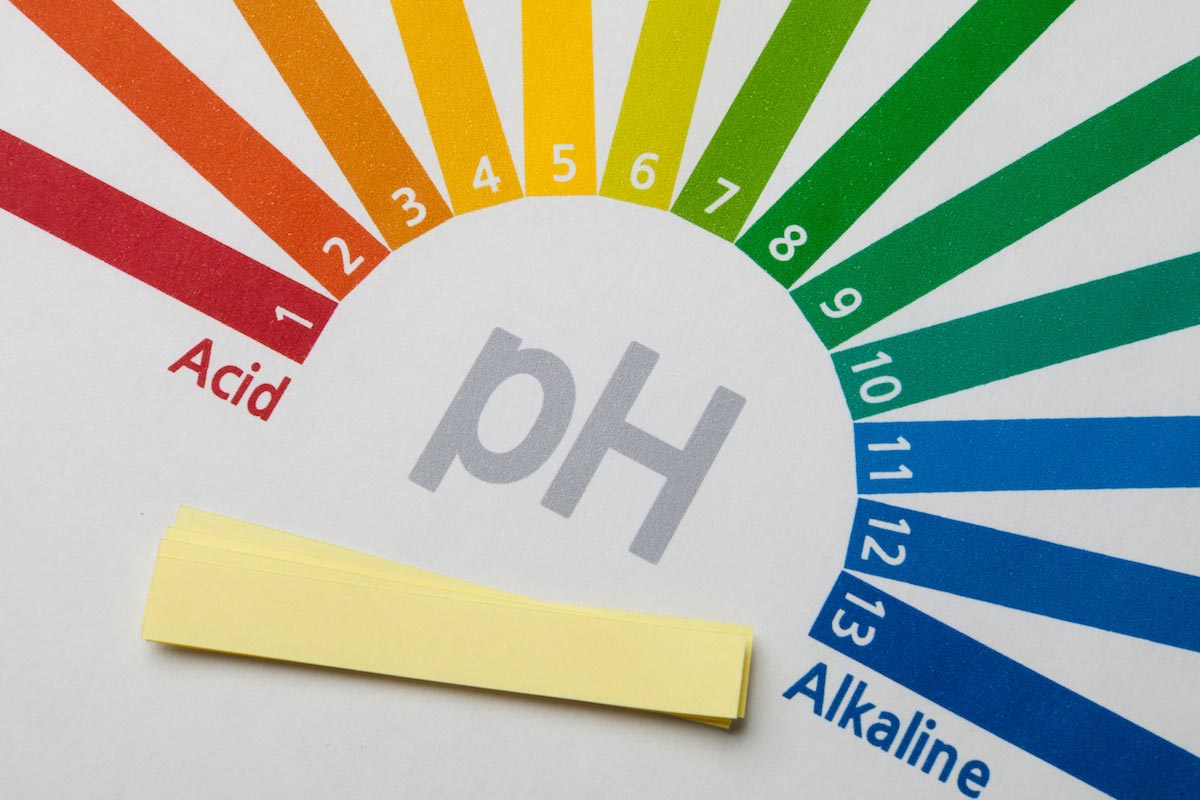
“The dental safety of sparkling water is not a heavily researched area. What we do know, however, is that many commonly consumed beverages (for example, water, juices, sodas, and sports drinks) are, to varying degrees, acidic, as measured by their pH,” Hewlett said.
According to Hewlett, plain versions of sparkling water are bad enough as they are already acidic by themselves. What makes fizzy sparkling water worse is that harmful additives are included in them. If you're a serious sparkling water, be sure that you have a healthy saliva flow as this may be your only barrier in counteracting the negative effects of the beverage.
“If you're healthy and if you have normal saliva flow, you're less vulnerable so your risk is lower, you can possibly drink a little bit more, more often,” University of North Carolina operative dentistry department chair Dr. Andre Ritter said.
Ritter warned, however, that people should refrain from drinking sparkling water in such a manner that the liquid will slosh all over their mouth, noting, “If you're sipping and keeping that acidic drink in your mouth and swishing around every time you sip, and if you do this often, multiple times a day, then that's probably the most dangerous kind of behavior when it comes to tooth wear.”
Among all beverages, plain mineral water is the safest to drink, as it has no negative effects to overall and dental health. If you had to choose between fizzy water and sodas, however, you should opt for the former, as sodas contain too much sugar that is detrimental to overall health, said Ritter. (Related: Two ways dental work destroys your health and how to repair the damage.)
Other negative effects of sparkling water
Sparkling waters, which are also called fizzy drinks or seltzers, can cause acid reflux and heartburn. This is because the carbonic acid in them places stress on the lower esophageal sphincter. Aside from this, carbonic acid can contribute to improper digestion.
Drinking too much sparkling water can also lead to weight gain. They may leave you feeling gassy as well, and stimulate flatulence.
Read more stories such as this one at Toxins.News.
Sources include:
Please contact us for more information.






















